“Do you have children?” This stock question still floors me. When confronted, I don the mask, breathe deeply, get a grip and try to answer honestly. It doesn’t always work out that way. In line for the supermarket, my bored fellow shopper seems happy with my breezy reply: “Yes! One’s at university, the other teaches English as a foreign language, online.”
Lying doesn’t come happily or naturally to my husband or me. Where it won’t land us in trouble, inventiveness has become our coping strategy for what seems a casual disregard of the possibility that we might not have children and that our childlessness might not be voluntary. When I must be honest, I brace for the invariable slight pause after my answer, the fleeting look of something I can’t quite fathom — disapproval? Pity? Certainly some sort of deflating expression.
Everyone’s home should be alive with rugrats (a term I dislike), little pattering feet, hungry youths, grown-up children, grandchildren and, if you’re lucky, great-grandchildren. The failure to have children — whether by design or not — is stigmatized. Having children is what you do. Positively deciding not to have a family (not a decision I made) is deemed selfish. You grow up, get partnered, have children. How couples have children seems irrelevant. I’m only relieved we don’t live somewhere that regards a childless woman as a criminal embarrassment who should be put to death. But even in Britain, I’ve heard television presenters proclaim: “A home just isn’t a home without children.”
You grow up, get partnered, have children. How couples have children seems irrelevant
I don’t blame my career or anything else; my life worked out like that. The tricky thing was, most people I met in my twenties and thirties had partners/spouses and, often, children. Nearly thirty years ago, at an after-work social event, I told a female colleague that I’d love to be married with children. The colleague, who was happily married with a delightful teenage daughter, looked at me in bewilderment and asked: “Why?”
A few years later, when I had almost become resigned to my involuntary singledom and aloneness, and so had my parents, my husband-to-be turned up. But our ardent efforts to have a child failed. We sought medical advice but were told we were too old for IVF. We discounted adoption.
We quietly accepted our childlessness until, seven years later, in a town where we had moved for my husband’s work, a casual conversation with a doctor led us to a local fertility guru. She suggested egg donation. The doctor was aghast that this procedure hadn’t originally been offered to us. So, in a final attempt at parenthood, we embarked on an invasive, emotionally turbulent and financially draining egg donation venture. But Mother Nature was having none of it.
We decided one try was enough. It would, in truth, be selfish to have a child when we already lacked the energy of twenty — or thirty-somethings. We were also aware that it was possible that if we did have a child, they would be prematurely orphaned through having been born to middle-aged parents.
I wrote to the original hospital who had said I was too old for IVF, asking why I had not been offered egg donation when conventional IVF was discounted. They replied: “We did not want to cause you offense.” I responded that the only thing that offended me was learning of the option seven years too late. Then, with nothing else to lose, I sued the hospital.
Our nephews, nieces and two great-nieces admirably fill our family gap. And we feel close, in a way similar to family closeness, to some of our friends’ children. We see how tough life is for many families and for young people. Our friends and relatives perpetually worry about their brood, whatever age they are. That’s what having children is like, I’m told. You worry all the time.
Some people have casually said how lucky I am not to have children, because I “don’t know how they’d have turned out.” A distant in-law, sour that my husband and I once owned a modest holiday home, complained to us that she and her husband couldn’t afford one because they had children. I nearly asked her if she’d like to swap.
Now, as age advances, my children thrive in a misty but lively corner of my imagination. As for the case against the hospital — they settled out of court. The compensation will eventually go to a children’s charity.
This article was originally published in The Spectator’s UK magazine. Subscribe to the World edition here.



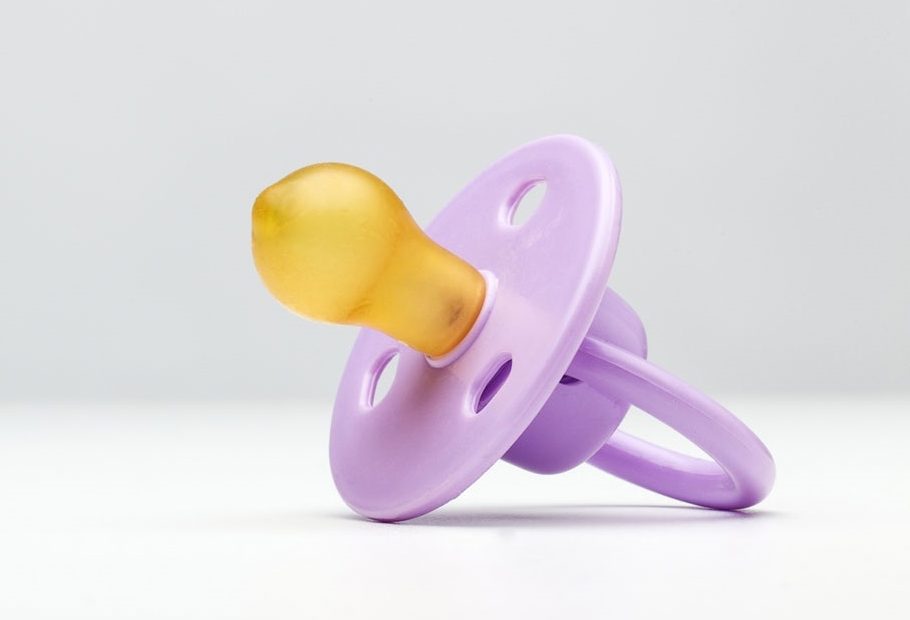






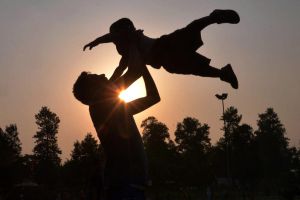



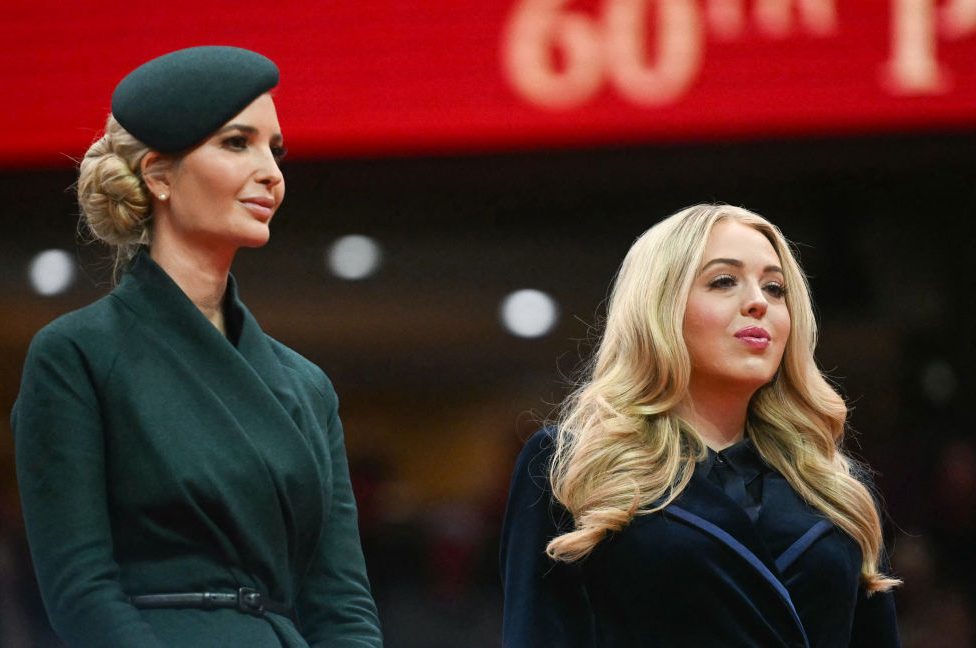
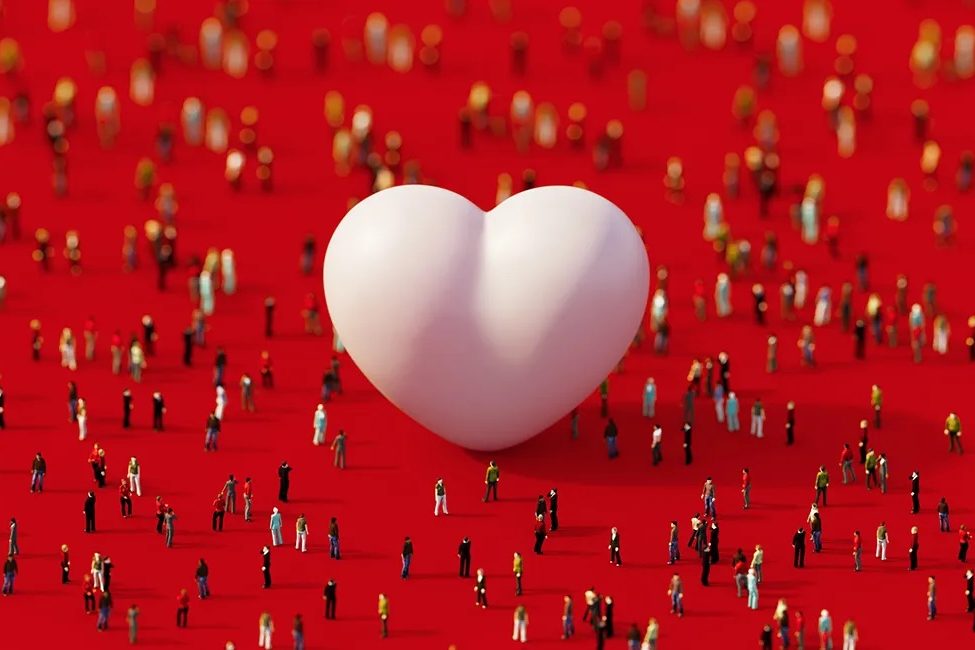
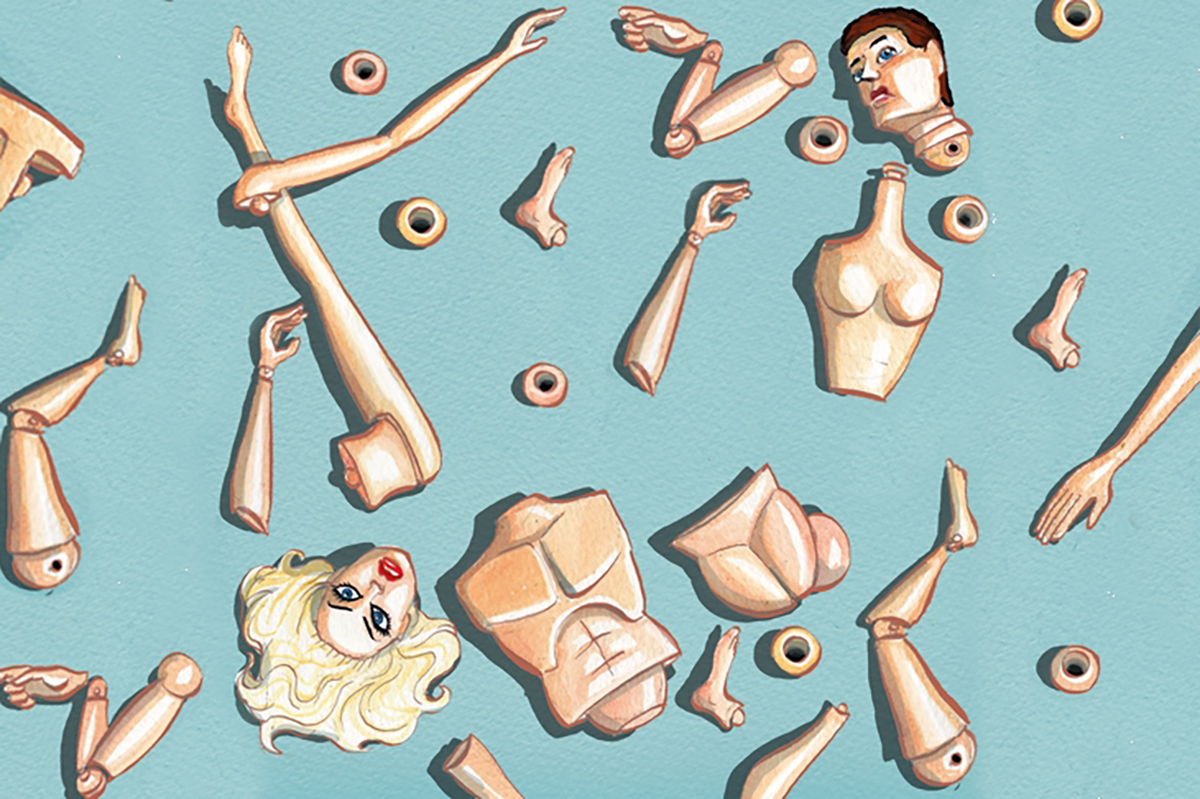
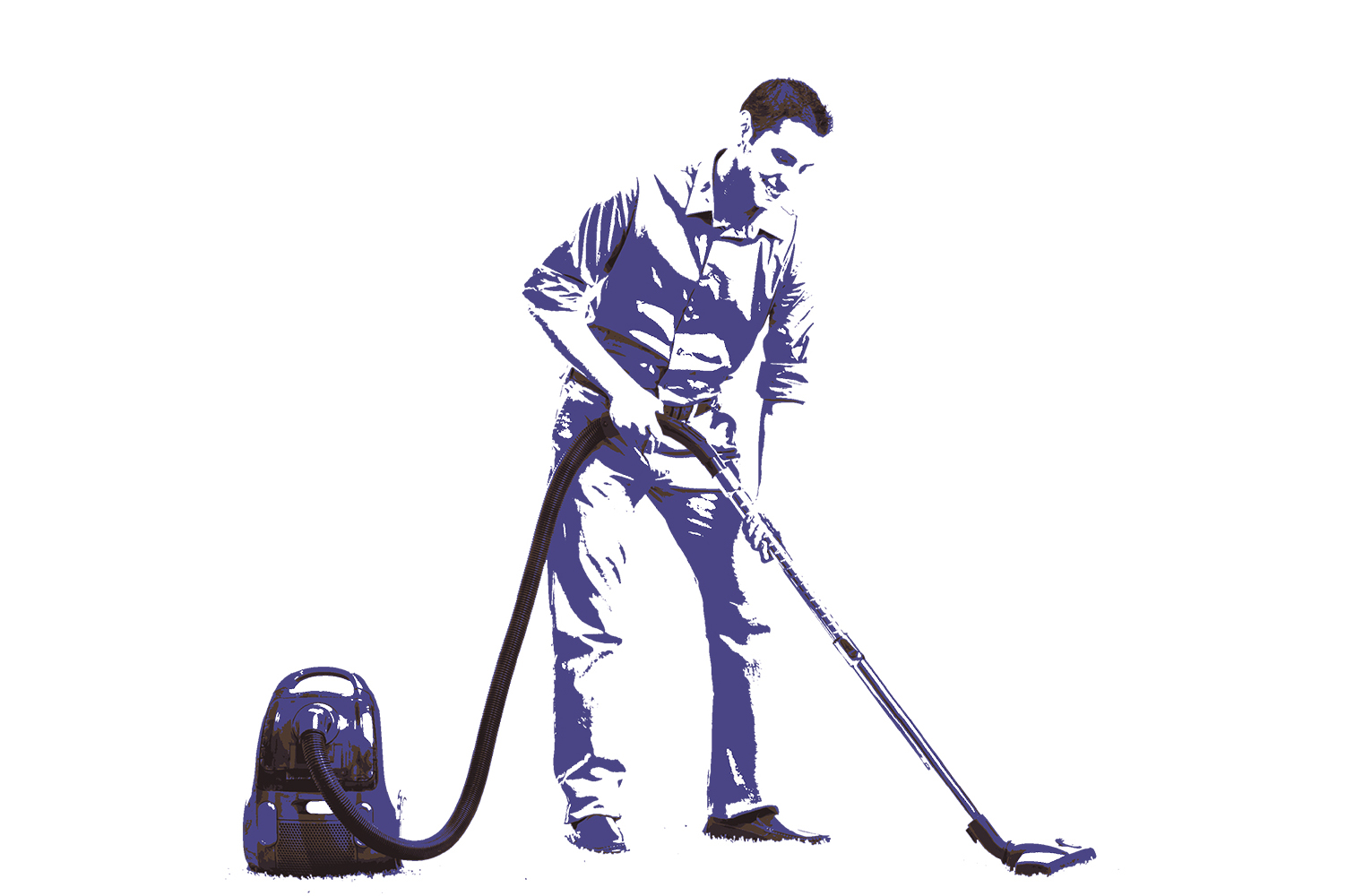
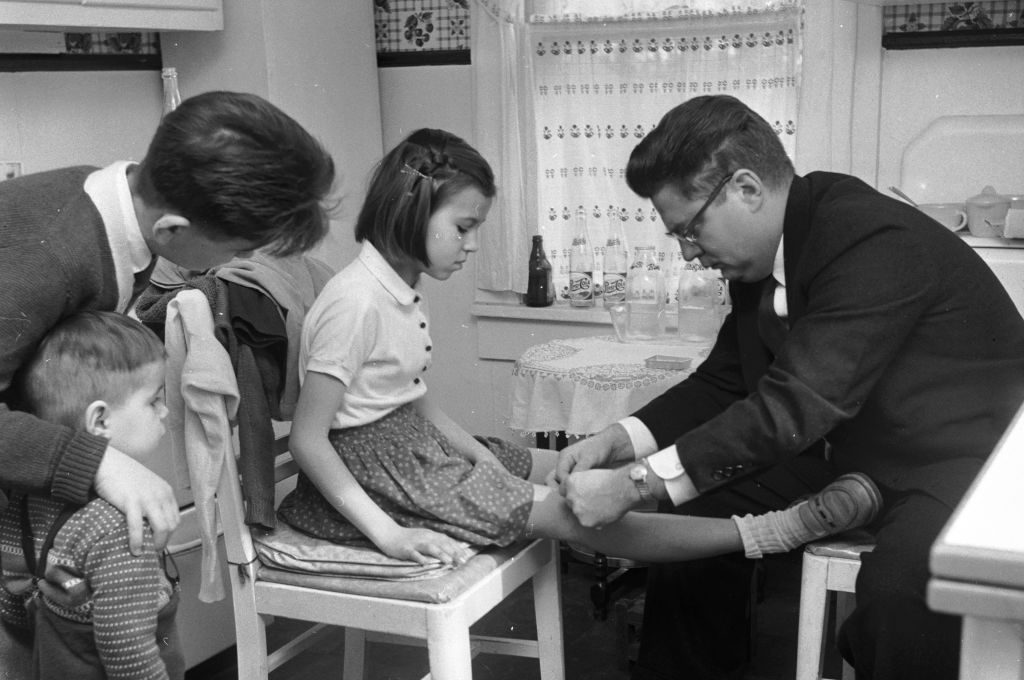







Leave a Reply